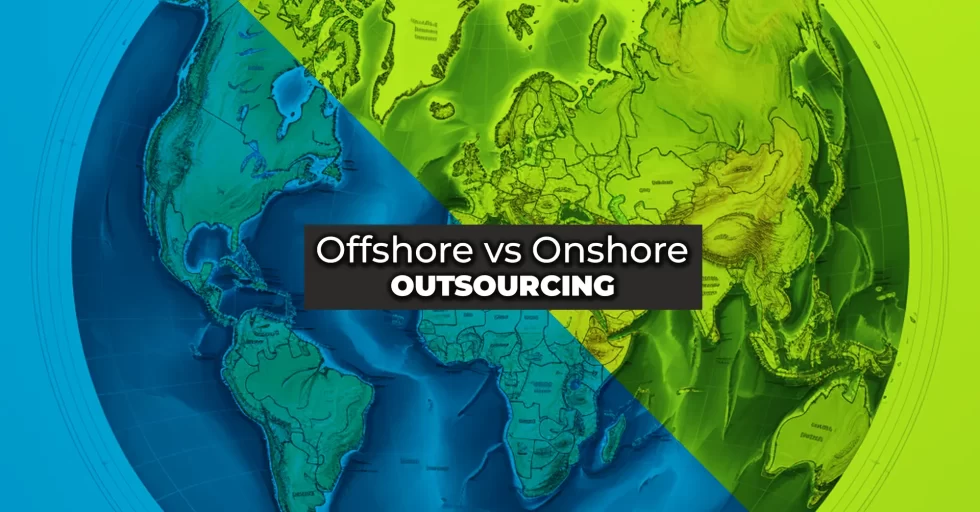- 5 Misconceptions about OutsourcingOutsourcing, a strategic business practice, has become an integral part of modern corporate landscapes. However, despite its prevalence, various misconceptions persist, influencing opinions and decision-making processes. In this article, we will debunk … Continue reading 5 Misconceptions about Outsourcing
- Top 10 BPO Companies in the Philippines in 2024What is BPO? (Business Process Outsourcing) In today’s globalized business landscape, organizations are increasingly relying on Business Process Outsourcing (BPO) to streamline operations, enhance efficiency, and reduce costs. BPO involves contracting out … Continue reading Top 10 BPO Companies in the Philippines in 2024
- Outsourcing Offshore: A Strategic Move for Business GrowthIn the dynamic landscape of today’s business world, companies are continually seeking ways to stay competitive, streamline operations, and maximize efficiency. One strategy that has gained significant traction in recent years is outsourcing … Continue reading Outsourcing Offshore: A Strategic Move for Business Growth
- Navigating Outsourcing Options: Offshore vs Onshore Call CentersOutsourcing has become a cornerstone in the business world, allowing companies to tap into specialized services and concentrate on their core competencies. One crucial aspect of outsourcing, particularly in the realm of … Continue reading Navigating Outsourcing Options: Offshore vs Onshore Call Centers
- Unleashing the Power of Virtual Assistants for ProductivityIn today’s dynamic business landscape, optimizing operational efficiency is paramount for sustained success. Virtual Assistants or VAs have emerged as a game-changer, revolutionizing the way organizations handle tasks, streamline workflows, and enhance overall productivity. … Continue reading Unleashing the Power of Virtual Assistants for Productivity





